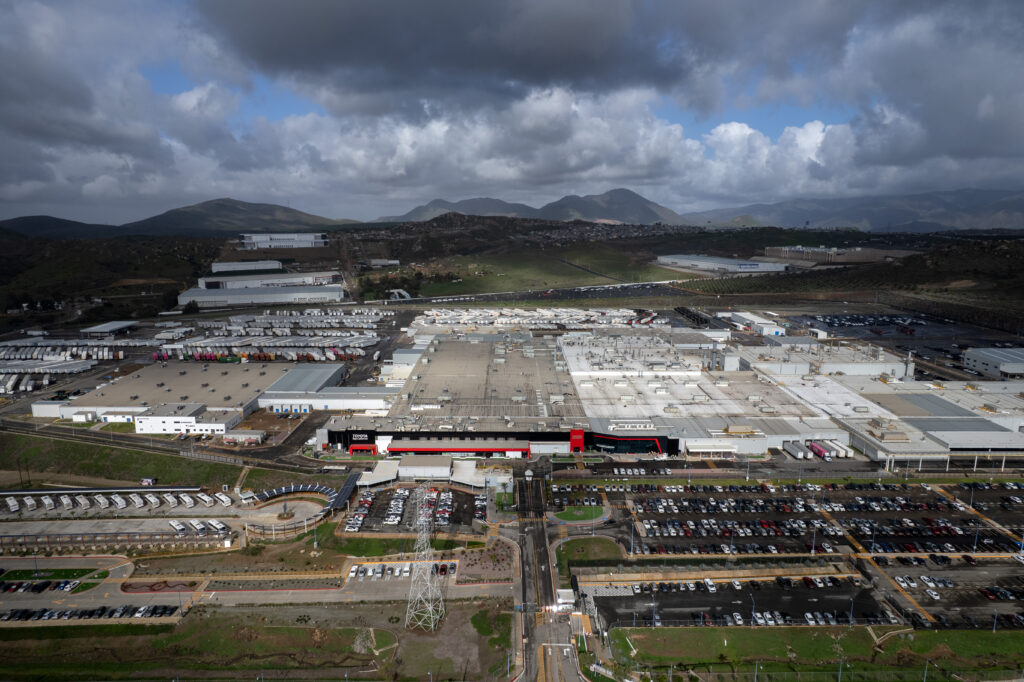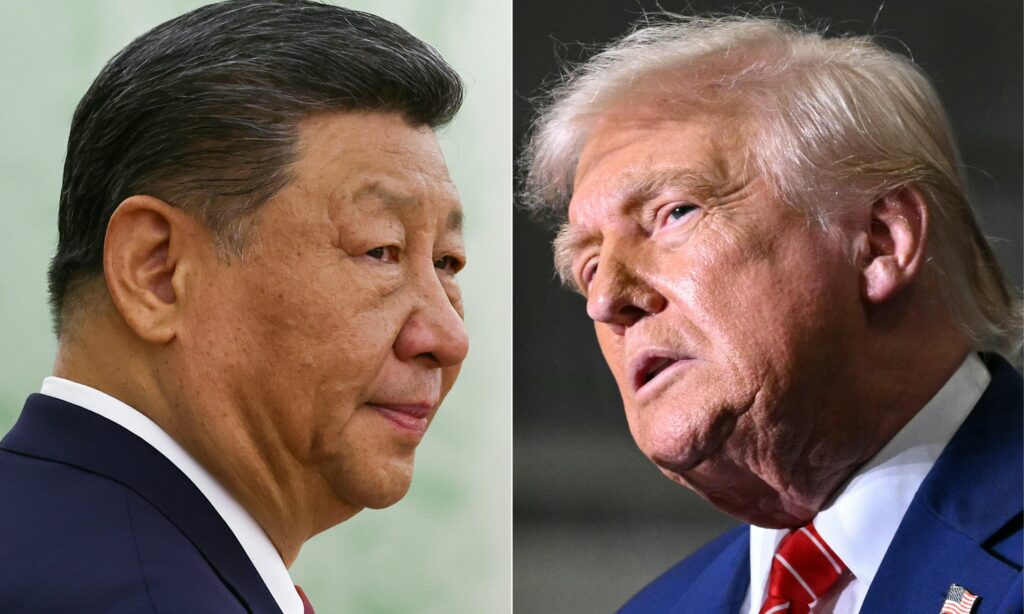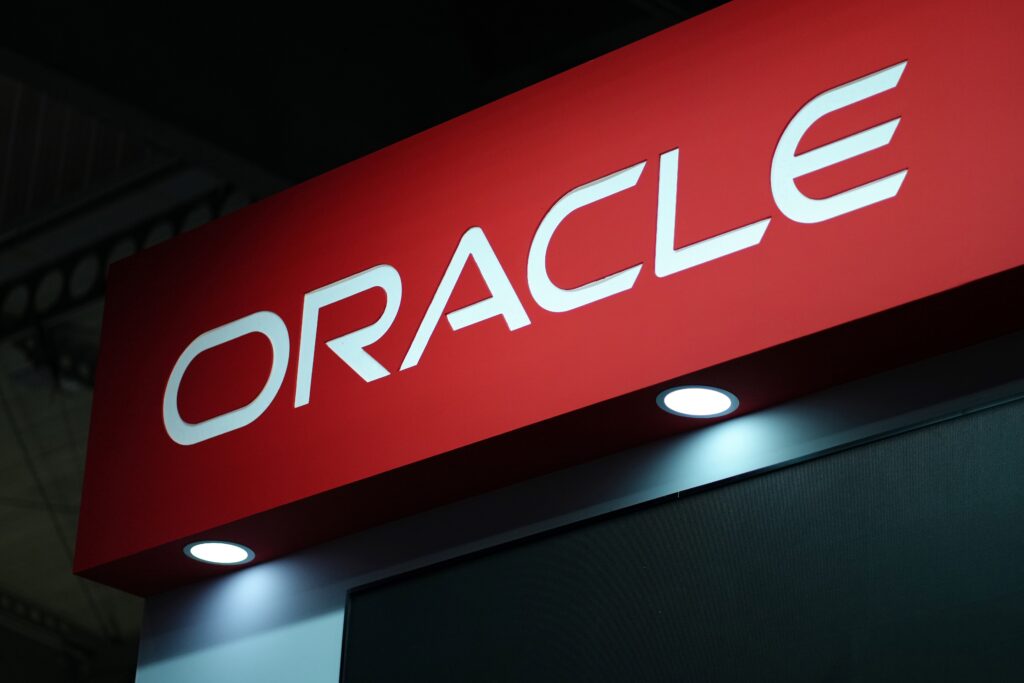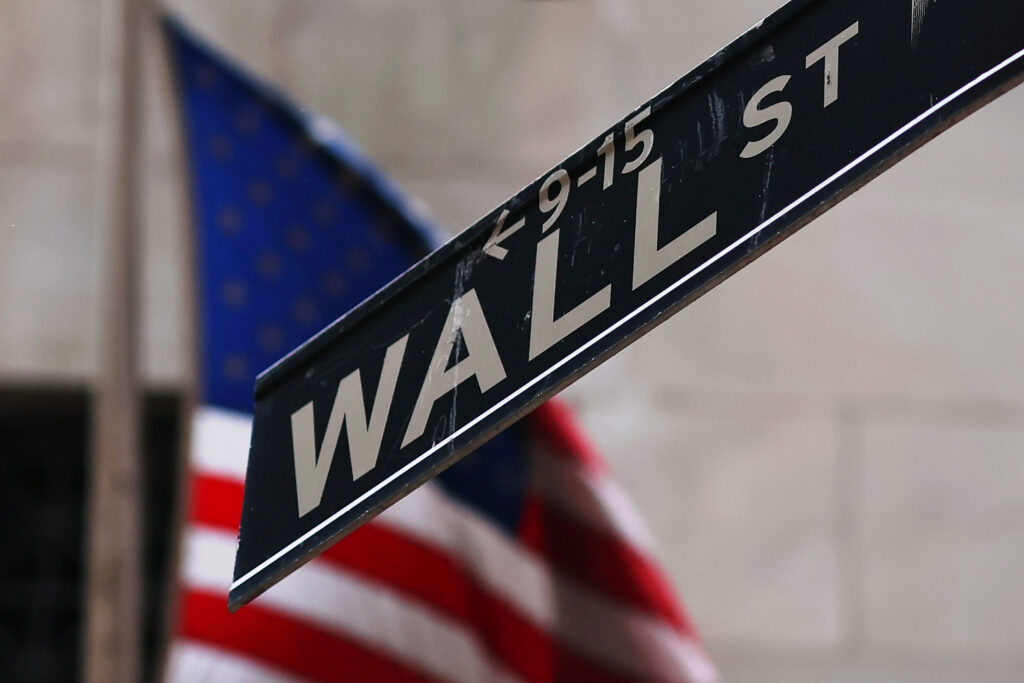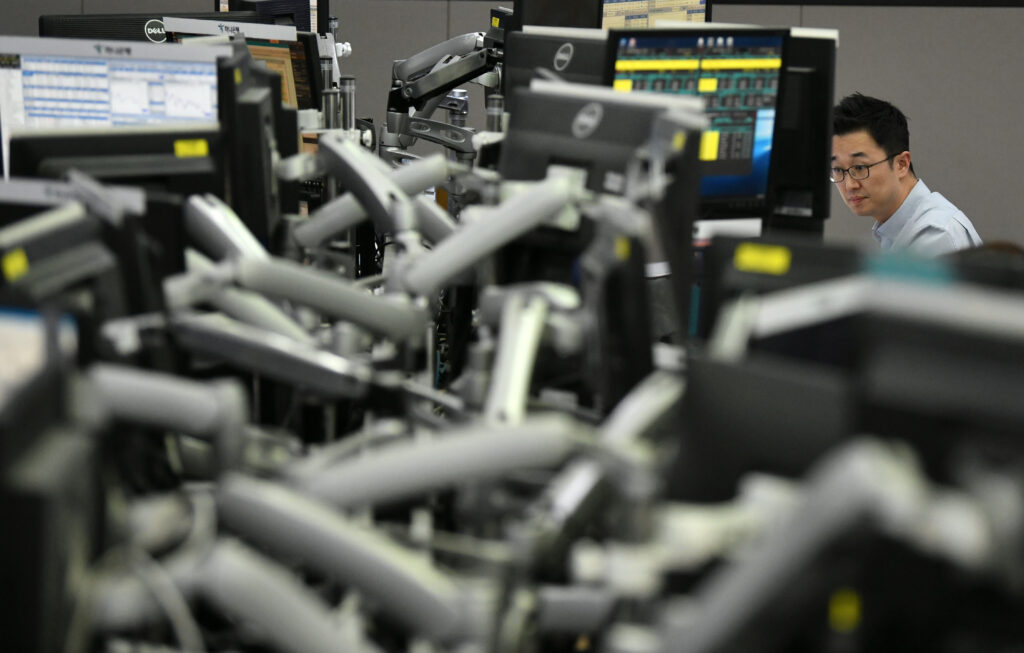Mexico, under US pressure, mulls 50% tariff on Chinese cars
Mexico, under pressure not to serve as a back door for Chinese goods entering the United States, has proposed a 50 percent duty on car imports from the Asian giant — up from 15-20 percent.The initiative, contained in a bill submitted by the government to Congress, seeks to assuage US President Donald Trump — who has repeatedly urged trading partners to increase duties on China — while also bolstering Mexico’s industrial sector.The White House has said Chinese producers are abusing a free-trade deal between the United States, Mexico and Canada to send goods northward over the Mexican border tariff-free.Beijing criticised the proposed tariffs on Thursday, with a foreign ministry spokesman saying, without mentioning the United States, that China “firmly opposes any coercion.”Mexican President Claudia Sheinbaum has also complained of the impact of Chinese imports on domestic manufacturing, and the bill says the increased tariff will seek to protect 19 industrial sectors considered “strategic.”It also proposes raising tariffs on other countries with which Mexico has no trade agreement.Mexico replaced China in 2023 as the United States’ largest trading partner, with the Latin American country’s northern neighbor buying more than 80 percent of its exports.It sends nearly three million automobiles to the United States a year, including cars and trucks assembled by US auto companies in Mexico.China said it opposed any restriction that “undermines China’s legitimate rights and interests.””China attaches great importance to the development of China-Mexico relations, and hopes that Mexico will move forward in the same direction with China,” Lin told a regular news briefing in Beijing on Thursday.- Improve trade balance -Light vehicle imports from China would be subject to a 50 percent tariff, and auto parts between 10 and 50 percent, if the bill is approved.The bill, announced by the economy ministry Wednesday, said the changes sought to “protect the national industry in strategic sectors, replace imports from Asia with domestic production” and “improve Mexico’s trade balance.”The initiative should protect 325,000 jobs in strategic industries and create thousands more, the ministry said.Two out of every 10 light vehicles sold in Mexico are Chinese, according to official data. Sales in the sector grew by 10 percent last year.Several auto giants, including America’s General Motors and Ford, Germany’s Volkswagen and Japan’s Nissan, Honda, and Toyota, have factories in Mexico.According to the wording of the bill, South Korea, India, Indonesia, Russia, Thailand and Turkey would also be affected by the tariff increases.Trump has imposed a 25 percent tariff on car imports, with exemptions for vehicles with US content assembled in Mexico. Sheinbaum’s ruling party holds a majority in Congress, and the bill is likely to pass.
